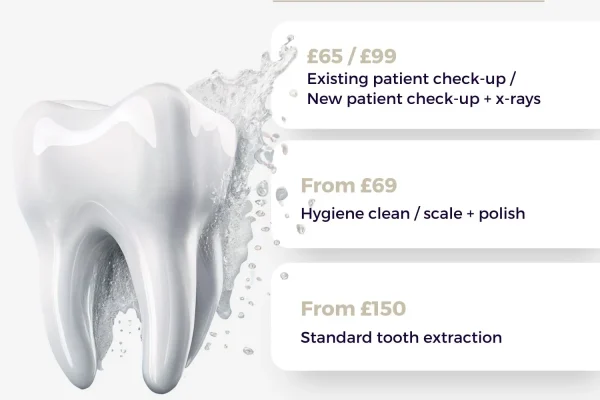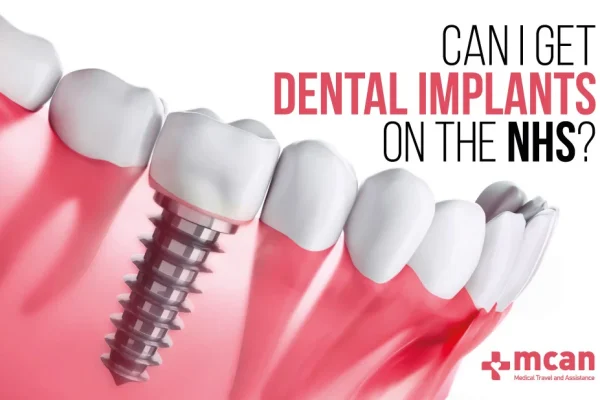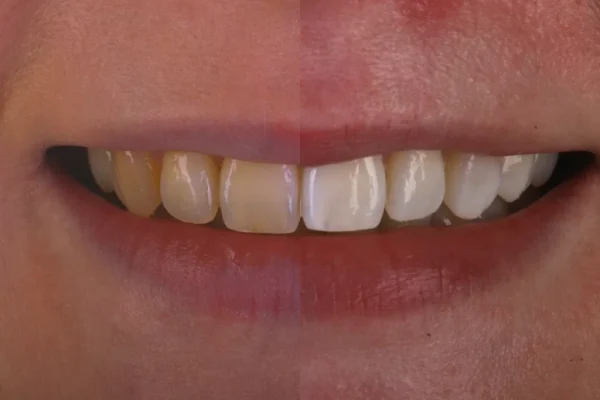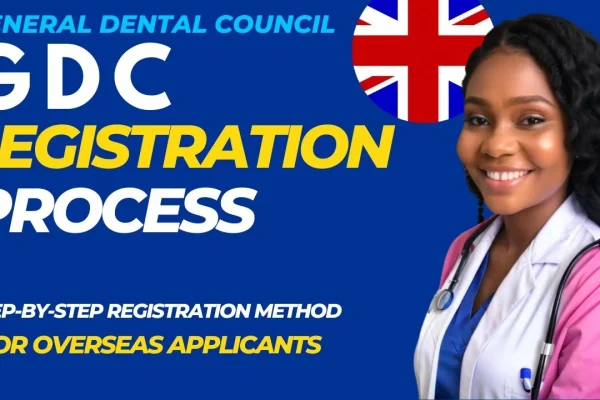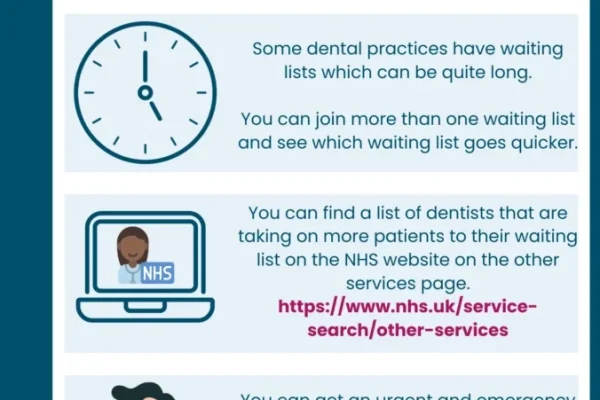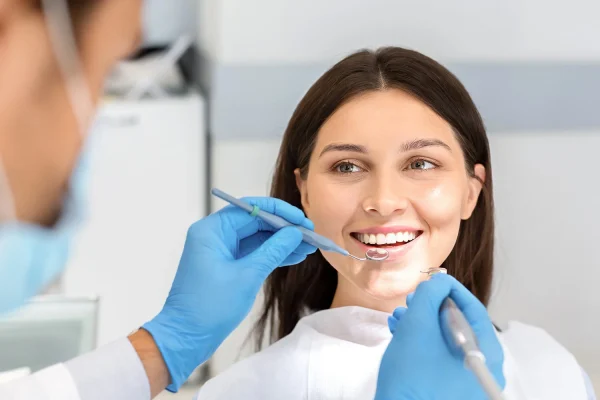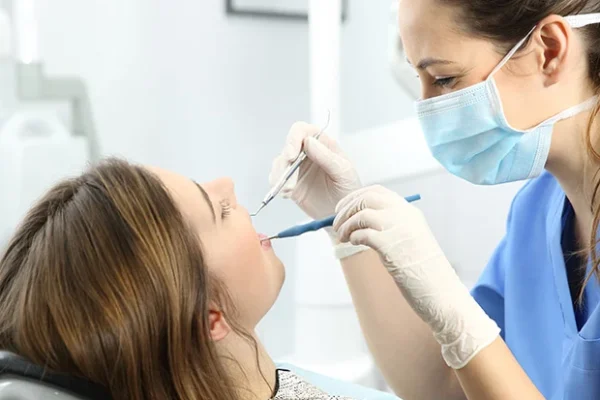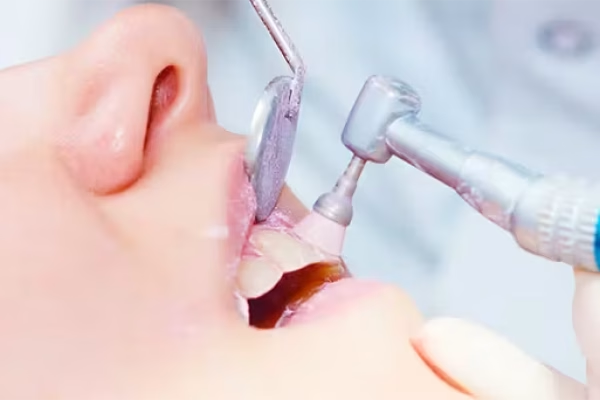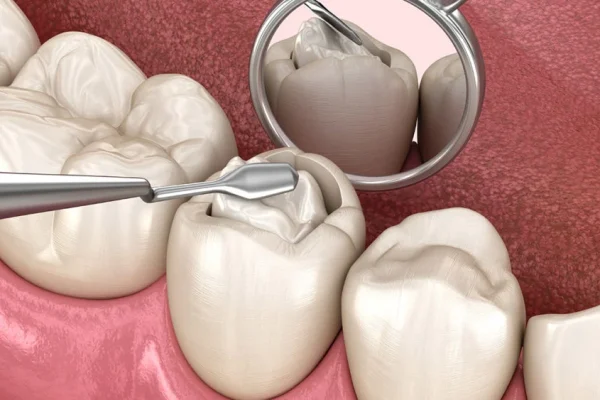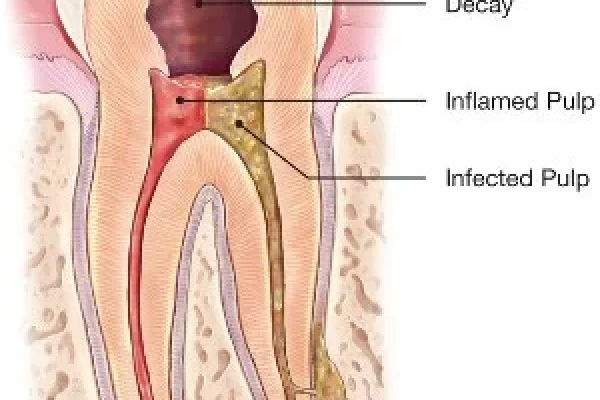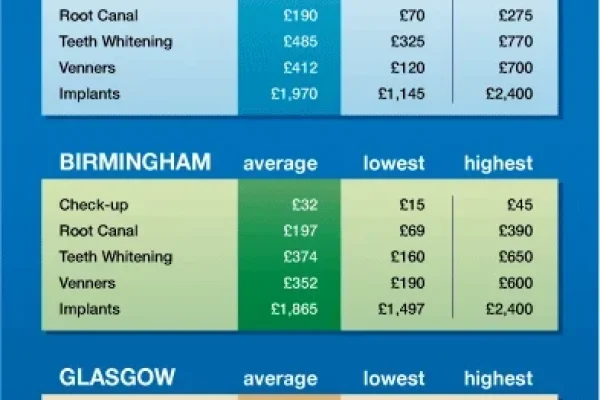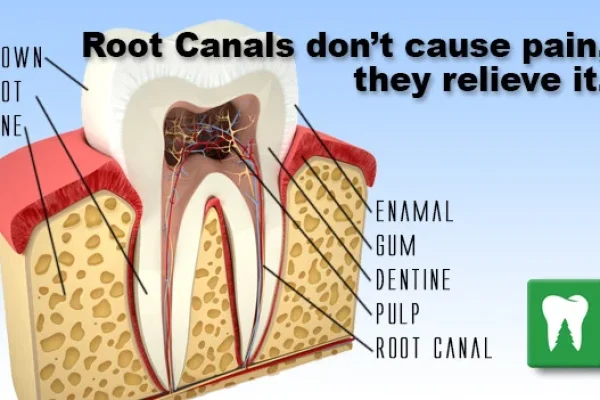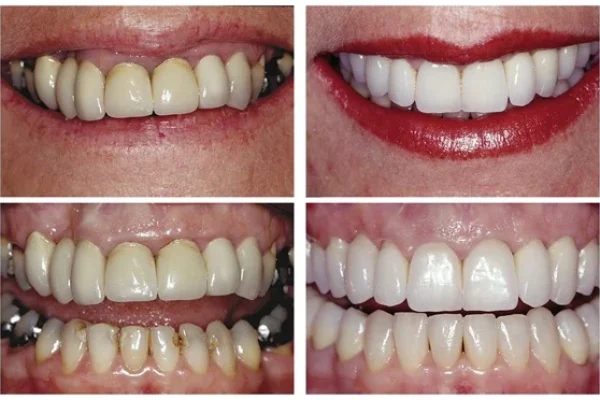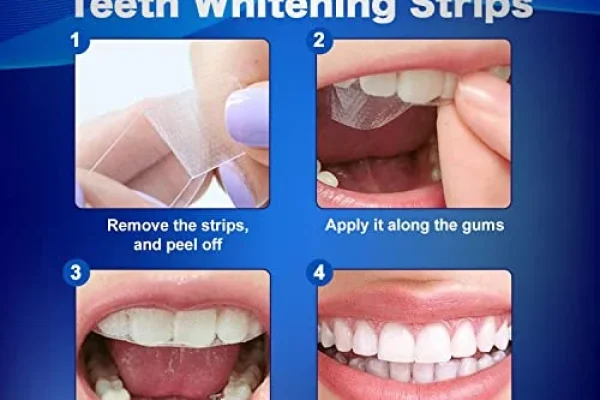
Key Takeaways
-
- Dental hygienists are licensed oral health professionals specializing in *preventive care*.
-
- Their core duties include *professional cleanings*, assessing oral health, and patient *education*.
-
- They *cannot* diagnose conditions, perform surgery (like extractions), or do restorative work (like fillings or root canals).
-
- Regular visits are *essential* for preventing serious dental issues and maintaining long-term oral health.
- Hygienists play a *vital role* in the dental team, working in tandem with dentists.
What Do Hygienist Do: Understanding Their Core Responsibilities
Think of the dental hygienist as the frontline defence in your mouth’s ongoing battle against decay and disease. They’re not just glorified tooth-cleaners (though they are *exceptionally* good at that); they are highly trained, licensed oral health professionals whose primary function within a dental practice is rooted in proactive preventive oral healthcare and robust oral health maintenance. Their scope is broad, encompassing patient assessment, delivering specific treatments, and, crucially, empowering you with the knowledge to keep your smile sparkling between visits.
Unlike a dentist, who focuses on diagnosis, complex treatment planning, and restorative procedures, the hygienist’s gaze is fixed firmly on keeping problems from ever taking root. They are your dedicated partners in warding off the daily onslaught of plaque and bacteria, acting as the first line of identification for potential issues the dentist will then evaluate. It’s a symbiotic relationship, essential for comprehensive dental wellness.
The term “hygienist” itself carries the weight of its origin, derived from “hygiene,” meaning the science and practice of maintaining health and preventing disease. This perfectly encapsulates their mission: to promote oral cleanliness and health, safeguarding your smile from the ground up. They are, in essence, the guardians of your gingiva and the custodians of your enamel, equipped with specialized skills and knowledge to keep your oral ecosystem in balance.
What is a Dental Hygienist and What Do They Do?
A dental hygienist is a licensed oral health professional specializing in preventive oral healthcare. Their daily activities are a dynamic mix of patient care, education, and clinical procedures. They perform assessments to identify oral health conditions, conduct thorough cleanings, apply preventive treatments like fluoride and sealants, and are paramount in teaching patients effective oral hygiene practices. They work collaboratively with dentists, but their focus remains squarely on keeping your mouth healthy *before* serious problems arise.
What is the Role of a Dental Hygienist?
The role is multi-faceted: assessing a patient’s oral health status, identifying areas of concern (which the dentist will then diagnose), performing preventive and therapeutic treatments such as scaling and polishing, and providing tailored oral health education. Their goal is to empower patients, giving them the tools and knowledge to maintain optimal health outside the clinical setting.
Role in Disease Prevention and Education
Hygienists are indispensable in preventing oral diseases like cavities, gingivitis, and periodontitis. They remove plaque and calculus (hardened plaque) that brushing and flossing can’t tackle, reducing the risk of infection and inflammation. Just as important is their role as educators. They guide patients on proper brushing techniques, flossing methods, the importance of nutrition for oral health, and the risks associated with habits like smoking. This education is vital for long-term health outcomes. They help prevent Gum Disease.
Strategies for Maintaining Oral Health
Hygienists equip you with the knowledge and skills for effective home care. This includes demonstrating the correct way to brush, advising on suitable toothbrushes and pastes, teaching proper flossing techniques, and suggesting dietary modifications that can reduce cavity risk. These personalized strategies are crucial in preventing the buildup of plaque and acids that erode enamel.
How Do Dental Hygienists Help in Preventing Dental Diseases?
Through professional cleanings, they remove harmful deposits. They apply fluoride treatments to strengthen enamel and make it more resistant to acid attacks. They can also apply dental sealants, thin plastic coatings placed on the chewing surfaces of back teeth, effectively sealing out food particles and bacteria from the grooves where cavities often start. Regular visits allow for early detection of issues, preventing them from escalating.
What is the Full Meaning of Hygienist?
The word “hygienist” comes from “hygiene,” which itself originates from the Greek word “hygieinḗ” meaning “healthy” or related to health. It’s deeply connected to Hygieia, the ancient Greek goddess of health, cleanliness, and sanitation. So, a hygienist is literally a practitioner dedicated to health and cleanliness, particularly focusing on the oral cavity.
What the Hygienist Does During a Teeth Cleaning
Step into the hygienist’s chair, and you’re embarking on a meticulously structured journey towards peak oral cleanliness. A routine professional teeth cleaning, also known as a prophylaxis, is far more than just a quick brush-up. It begins with a thorough assessment, where the hygienist visually examines your mouth, checks your gums for signs of inflammation or recession, and often takes measurements of the pockets around your teeth to gauge gum health. They might also take X-rays as needed.
Then comes the heavy lifting: the removal of plaque and tartar (calculus). Using specialized hand instruments (scalers) and often ultrasonic devices, they carefully scrape away these hard deposits from both above and below the gum line – areas impossible to clean effectively with just a toothbrush and floss at home. This process, known as scaling, is critical because calculus is a breeding ground for bacteria that cause gum disease.
Once the surfaces are free of buildup, they move on to polishing. Using a small, rotating rubber cup or brush and a gritty paste, they smooth the tooth surfaces, removing any remaining surface stains and making it harder for plaque to adhere in the future. This leaves your teeth feeling incredibly clean and looking brighter. It’s a precise, skilled procedure designed to not only clean but also assess, prevent, and educate. Knowing what to expect helps ease any potential anxiety and highlights the value of this essential appointment.
What Does The Hygienist Do When They Clean Your Teeth?
Your cleaning typically starts with an assessment of your current oral health status. This involves examining your teeth and gums, checking for any changes or potential issues. Using various tools, including ultrasonic scalers and hand instruments, they meticulously remove plaque and hardened calculus (tartar) from all tooth surfaces, reaching areas your toothbrush and floss simply can’t. The process finishes with polishing to smooth the enamel and remove surface stains.
Scale and Polish
Scaling is the process of removing both visible plaque and hardened calculus (tartar), particularly from along and below the gum line. Calculus is extremely hard and porous, providing a perfect surface for bacteria to multiply, leading to gum inflammation and disease. Polishing follows scaling, using a special paste to remove surface stains and create a smooth tooth surface, making it harder for bacteria to accumulate again quickly.
Can Dental Hygienist Polish Teeth?
Absolutely. Polishing is a standard and integral part of a professional dental cleaning performed by hygienists. It serves to remove residual stains after scaling and, importantly, to smooth the tooth surface, reducing the adherence of new plaque.
What Can a Hygienist Not Do? Understanding Their Limitations
While dental hygienists are highly skilled and vital members of the dental team, their scope of practice is distinct from that of a dentist. Think of it as specialization; they are the undisputed experts in preventive care, scaling, and oral hygiene education, but they do not perform procedures that require a medical diagnosis, surgical intervention, or extensive restorative work. Procedures requiring the cutting of hard or soft tissue (beyond minor gum treatments in some areas) are typically outside their remit. This clear division ensures that patients receive care from the most appropriately trained professional for each specific task.
It’s not about one role being “better” than the other, but about different roles working together seamlessly. Understanding these limitations helps manage patient expectations and clarifies why, even after a thorough cleaning, the dentist still needs to perform a separate examination. While hygienists are trained to identify potential issues like cavities or signs of oral cancer, they cannot legally provide the final diagnosis; that requires a dentist’s expertise. This collaborative model is the foundation of comprehensive dental care.
Can a Dental Hygienist Do a Dental Exam?
Hygienists perform an *assessment* or *screening* of your oral health during your visit. They check for signs of decay, gum disease, oral cancer, and other abnormalities. They meticulously document their findings and observations. However, the official *diagnosis* and treatment planning based on these findings are performed by the dentist. The hygienist’s assessment is a crucial input to the dentist’s final examination.
Can a Hygienist Extract a Tooth?
No, tooth extraction is a surgical procedure that falls under the scope of a general dentist or an oral surgeon. Dental hygienists are not trained or licensed to perform extractions.
Can a Dental Hygienist Do Whitening?
In many places, yes, performing professional teeth whitening is within a dental hygienist’s scope of practice, often after additional training. This includes applying in-office whitening gels and providing instructions for take-home whitening kits. However, the specific regulations vary by jurisdiction.
Can a Hygienist Remove Cavities?
No, removing decayed tooth structure (cavities) and preparing the tooth for a filling is a restorative procedure performed by a dentist. Hygienists focus on preventing cavities and identifying them, but not treating them restoratively.
Can a Dental Hygienist Do a Root Canal?
Absolutely not. Root canal therapy is a complex endodontic procedure requiring specialized training and is performed by dentists or endodontists (specialists in root canals).
Can a Hygienist Do Fillings?
No, placing dental fillings to restore teeth affected by decay is a restorative procedure exclusively performed by dentists.
Can an Oral Hygienist Do Fillings?
“Oral hygienist” is simply another term for “dental hygienist.” Regardless of the name, they do not perform fillings.
Do Dental Hygienists Do Fillings?
To reiterate clearly: No, dental hygienists do not do fillings. This is a dentist’s role.
Can a Hygienist Give Anesthesia?
This *significantly* varies depending on the state or country. In many jurisdictions, dental hygienists, after completing specific training and obtaining certification, are permitted to administer local anesthesia (like Novocaine or lidocaine) for procedures. In others, this remains solely within the dentist’s scope.
Can Dental Hygienists See Cavities?
Yes, dental hygienists are highly trained to visually and tactilely examine teeth and identify potential issues, including the signs of cavities (caries). They will note suspicious areas during your cleaning appointment, which the dentist will then evaluate and officially diagnose during their exam.
Can Hygienists Damage Teeth?
With proper training, technique, and care, standard dental hygiene procedures are safe and beneficial. The instruments used are strong, but hygienists are skilled in using them precisely and gently. While theoretical risks exist with any medical procedure, actual damage from a routine cleaning by a competent hygienist is extremely rare.
Can a Dental Hygienist Break a Tooth?
Breaking a tooth during a routine cleaning is highly improbable. The instruments used, even ultrasonic scalers, are designed to remove soft deposits and hard calculus from the tooth surface, not to apply force strong enough to fracture a tooth under normal circumstances.
Can Hygienists Get Rid of Bad Breath?
Hygienists can *significantly help* with bad breath (halitosis), especially when it stems from bacterial buildup, plaque, or gum disease. By thoroughly cleaning the teeth and gum pockets, they remove major sources of odour-causing bacteria. They also provide crucial advice on effective home care, including brushing the tongue and using specific mouthwashes, which are key strategies for managing halitosis. However, if bad breath persists after good oral hygiene is established, they will recommend consulting a dentist to rule out other underlying causes.
Why Should You See a Dental Hygienist Regularly?
Considering the intricate work they perform and the limitations they operate within (leaving the heavy-duty drilling to the dentists), you might ask: are these regular appointments truly necessary? The answer, unequivocally, is a resounding *yes*. Think of your dental health not as a series of crisis management events, but as ongoing maintenance, much like servicing your car to prevent a breakdown. Regular visits to your hygienist are the cornerstone of this preventative strategy.
They are your best defence against the silent creep of plaque and tartar, the architects of gingivitis, and the precursors to more serious issues like periodontitis and cavities. While your home care routine – diligent brushing and flossing – is absolutely essential, it simply cannot reach or remove the hardened calculus that builds up over time, particularly below the gum line. This professional intervention bridges the gap between what you can achieve at home and what’s required to maintain optimal oral health.
Missing these appointments is like deciding you don’t need oil changes because you fill up your gas tank. Eventually, something will go wrong, and it’s likely to be more painful, more complicated, and far more expensive to fix than a routine cleaning.
The Impact of Regular Cleanings on Oral Health
Consistent professional cleanings are transformative for your oral health. They remove the plaque and calculus that contribute to bad breath, cause gum inflammation (gingivitis), and eventually lead to bone loss around the teeth (periodontitis). By keeping the teeth and gums clean, these visits drastically reduce your risk of developing cavities and gum disease, which are the leading causes of tooth loss. They also help maintain a brighter, stain-free smile.
Long-Term Benefits of Hygienist Visits
The benefits extend far beyond just clean teeth. Regular hygienist appointments contribute to the early detection of potential problems, from small cavities and early signs of gum disease to more serious conditions like oral cancer. Addressing issues when they are small prevents them from becoming major, costly, and painful problems down the line. Furthermore, emerging research continues to highlight the links between oral health and overall systemic health, connecting gum disease to conditions like heart disease, diabetes, and respiratory issues. Keeping your mouth healthy can contribute to keeping your whole body healthy.
Why is Professional Dental Cleaning Important?
Professional cleaning is crucial because it removes the hardened deposits (calculus) that cannot be removed by brushing and flossing alone. Hygienists use specialized tools to access and clean areas often missed during home care, such as below the gum line and in tight spaces between teeth. These visits also provide an opportunity for the hygienist and dentist to monitor your oral health status, catch potential issues early, and provide personalized advice to improve your home care routine. It’s an essential part of comprehensive dental care, complementing and enhancing your daily efforts.
What is the Difference Between a Dentist and a Hygienist?
It’s a fundamental question, often distilled too simply. Picture a skilled surgical team: you have the lead surgeon and you have highly specialized nurses and assistants without whom the operation could not possibly succeed. The dentist is the lead clinician, possessing a broader medical and surgical training focused on diagnosis, treatment planning, and performing invasive and restorative procedures. They earn a DDS (Doctor of Dental Surgery) or DMD (Doctor of Dental Medicine) degree, which typically takes four years after undergraduate studies, followed by potential residencies or specializations.
The hygienist, on the other hand, is a specialist in preventive care. They typically earn an Associate’s or Bachelor’s degree specifically in Dental Hygiene, a program usually lasting 2-4 years. Their training is intensively focused on the science of oral hygiene, patient education, assessment techniques, and performing procedures like scaling, polishing, and applying preventive agents. They are licensed professionals with their own distinct scope of practice. They don’t drill, fill, or extract teeth (with very rare exceptions for specific procedures in limited jurisdictions), nor do they diagnose diseases in the same capacity as a dentist. Instead, they work in tandem with the dentist, each bringing their unique expertise to ensure the patient receives holistic oral healthcare – the hygienist preventing and maintaining, the dentist diagnosing and restoring.
What Can Dentists Do That Hygienists Can’t?
-
- Providing a final diagnosis of oral diseases and conditions.
-
- Developing comprehensive treatment plans for complex issues.
-
- Performing surgical procedures like tooth extractions, biopsies, and gum surgery.
-
- Performing restorative procedures such as placing fillings, crowns, bridges, and dentures.
-
- Performing root canal therapy.
- Prescribing medications.
Should I See a Dentist or Hygienist?
For routine check-ups and cleanings, you will typically see both. The hygienist will perform the cleaning and initial assessment, and the dentist will then perform the diagnostic exam, review X-rays, and discuss any treatment needs. If you have a specific problem like tooth pain, swelling, or a broken tooth, you should call your dental office to schedule an appointment to be seen by the dentist for diagnosis and treatment.
Why Doesn’t the Dentist Do This Work?
The dental hygienist role was established to allow dentists to focus their extensive training on complex diagnostic, restorative, and surgical procedures. Hygienists are highly skilled specialists in preventive care, making them the most efficient and effective providers for cleanings, oral health assessments, and patient education. This team-based approach ensures that patients receive high-quality, specialized care for all their oral health needs, making the dental practice operate more effectively.
What is the Role of a Dental Hygienist and Therapist?
A Dental Therapist is another oral healthcare professional whose scope of practice can vary significantly depending on the region. Generally, dental therapists have training that bridges the gap between a hygienist and a dentist. In some areas, they may be authorized to perform routine extractions, simple fillings, and other restorative procedures, particularly in public health settings or for specific populations (like children), in addition to the preventive services performed by hygienists. While there can be overlap, a therapist’s scope often includes limited restorative work that is outside a typical hygienist’s practice.
Exploring the Career Path: Becoming a Dental Hygienist
Thinking about a career safeguarding smiles? Becoming a dental hygienist is a rigorous but rewarding path into the healthcare field, demanding a specific blend of scientific knowledge, manual dexterity, interpersonal skills, and a genuine commitment to patient well-being. It’s a respected profession requiring formal education, clinical training, and licensure.
The educational journey typically begins after high school, requiring completion of prerequisite science courses like biology, chemistry, and anatomy. Entry into dental hygiene programs is often competitive. The programs themselves are intensive, combining classroom learning covering subjects from pharmacology and pathology to radiology and periodontology, with extensive hands-on clinical practice where students work on patients under supervision. Graduates must then pass national and often regional or state board examinations to become licensed and eligible to practice. This multi-step process ensures that only qualified individuals are entrusted with direct patient care, upholding the standards of the profession and protecting public health. It’s a career built on a foundation of scientific understanding, clinical competence, and a passion for promoting health.
What Qualifications Do I Need for Dental Hygienist?
Entry requirements for dental hygiene programs typically include a high school diploma or equivalent, a strong academic record, and completion of specific prerequisite college-level science courses. After graduating from an accredited program, you must pass national written board exams and often regional/state clinical board exams to become licensed to practice.
What Qualifications Do You Need to Be a Dental Hygienist?
To become a licensed dental hygienist, you need:
-
- A degree (usually Associate’s or Bachelor’s) from an accredited dental hygiene program.
-
- Successful completion of a national written board examination (e.g., the National Board Dental Hygiene Examination – NBDHE in the US).
-
- Successful completion of a regional or state clinical board examination.
- Obtaining a license to practice in the specific state or jurisdiction where you intend to work.
What Degree Do Most Dental Hygienists Have?
While entry-level positions often require an Associate’s Degree in Dental Hygiene, which is a 2-3 year program, many hygienists today pursue a Bachelor’s Degree (a 4-year program). Bachelor’s degrees offer a broader education and can open doors to roles beyond clinical practice, such as public health, education, research, or administration.
What Degree is Best for a Dental Hygienist?
The “best” degree depends on your career goals. An Associate’s degree is sufficient for entry into clinical practice in most settings. However, a Bachelor’s degree provides a more comprehensive background, better preparation for leadership roles, and is often required for positions in public health, teaching, or management. For those aiming for advanced roles or academia, a Master’s degree is also an option.
What is the Fastest You Can Become a Dental Hygienist?
The fastest path is typically completing an accredited Associate’s Degree program, which usually takes two to three years of full-time study. After graduation, you must pass the required national and regional/state board exams, which can add a few months before licensure is granted.
Is Dental Hygienist a Professional Job?
Absolutely. Dental hygiene is a respected, licensed healthcare profession requiring specialized education, clinical training, and adherence to ethical standards and regulations. Hygienists are recognized as integral members of the dental and wider healthcare team.
Can a Hygienist Be a Dentist?
A dental hygienist cannot simply transition into being a dentist. Becoming a dentist requires completing a separate, more extensive educational program – dental school (typically 4 years post-graduate) – followed by further examinations and licensure specific to dentistry.
Is a Hygienist More Qualified Than a Dentist?
Neither is inherently “more qualified”; they possess *different* qualifications and expertise. A dentist has broader medical and surgical training allowing them to diagnose, treat complex conditions, and perform surgery and restorative work. A hygienist is a highly specialized expert in preventive care, oral hygiene techniques, and specific therapeutic procedures like scaling and polishing. Their qualifications align with their distinct roles.
Understanding the Challenges and Rewards of the Job
No profession is without its peaks and valleys, and dental hygiene is certainly no exception. While deeply rewarding – the satisfaction of helping a patient achieve better oral health, seeing the tangible results of a thorough cleaning, educating someone in a way that truly makes a difference – the job also presents unique challenges that require resilience, skill, and continuous adaptation. It’s not just about mastering clinical techniques; it’s also about navigating the human element.
Long hours spent in a sometimes ergonomically challenging position can lead to physical strain, particularly on the back, neck, wrists, and hands. Dealing with patients who are anxious, uncooperative, or experiencing pain requires patience, empathy, and strong communication skills. Treating patients with severe oral disease can be emotionally taxing, requiring compassion and a professional demeanour under difficult circumstances. Furthermore, the field of dentistry is constantly evolving, necessitating a commitment to lifelong learning through continuing education to stay current with new techniques, technologies, and research. It’s a dynamic role that demands both technical prowess and significant emotional intelligence.
What is the Hardest Part of Being a Dental Hygienist?
Many hygienists point to the physical demands and potential for musculoskeletal issues due to repetitive motions and awkward postures. Dealing with patients who have high anxiety, severe gag reflexes, or significant pain can also be challenging. The emotional weight of treating patients with advanced gum disease or other serious conditions requires emotional resilience. Additionally, staying updated with mandatory continuing education can be time-consuming.
Is Dental Hygienist a Stressful Job?
Like many healthcare roles, dental hygiene can be stressful. Factors contributing to stress include maintaining a tight schedule, managing demanding or fearful patients, the physical strain, and the responsibility of providing precise clinical care. However, stress levels vary greatly depending on the work environment, patient load, and individual coping mechanisms. Many hygienists find ways to manage stress and maintain a positive work-life balance.
What Are the Advantages and Disadvantages of Being a Dental Hygienist?
Advantages:
-
- Directly helping people improve their health and well-being.
-
- Often provides a good work-life balance (predictable hours, rarely on-call).
-
- Stable job market with good demand.
-
- Competitive salary potential.
-
- Opportunities for building relationships with patients.
- A respected healthcare profession.
Disadvantages:
-
- Potential for physical strain and musculoskeletal issues.
-
- Can be emotionally taxing when dealing with difficult patients or severe disease.
-
- Repetitive nature of some tasks.
-
- Exposure to infectious diseases (though strict protocols minimize risk).
- Requires continuous learning and expensive continuing education.
Is a Hygienist Worth It? Evaluating the Value of Their Service
Let’s cut straight to the chase: Yes. Absolutely, unequivocally, a hygienist is worth it. Thinking of skipping that cleaning appointment to save a few quid? It’s a classic case of being penny-wise and pound-foolish. The routine care provided by a dental hygienist is one of the most cost-effective investments you can make in your long-term health. The fees associated with a standard cleaning and check-up pale in comparison to the expense and discomfort of treating advanced gum disease, filling multiple cavities, or undergoing complex procedures like root canals or extractions. Preventive maintenance is inherently less invasive and less expensive than crisis repair.
A hygienist visit isn’t just about getting your teeth cleaned; it’s about early detection, personalized risk assessment, and receiving tailored advice that empowers you to prevent problems from occurring in the first place. They catch small issues before they blow up into major problems, saving you pain, time, and significant expense down the road. The value is not just financial; it’s also in preserving your natural teeth for life, maintaining your ability to eat and speak comfortably, and contributing to your overall systemic health.
Is a Hygienist Worth It?
Yes, a dental hygienist is absolutely worth it. The preventive care and education they provide are essential for maintaining long-term oral health. Regular visits help prevent costly and painful dental problems, making the investment in routine cleaning and check-ups a sound decision for your health and your wallet in the long run.
Is the Treatment Expensive?
Compared to the cost of restorative procedures like fillings, crowns, root canals, dentures, or implants, routine preventive treatments like professional cleanings are relatively inexpensive. They represent an investment in preventing future problems, which ultimately saves you money by avoiding more costly and invasive treatments.
Exploring Other Aspects of Dental Care and the Hygienist’s Role
The world of dental health is vast, and the hygienist’s role intersects with many other facets, from tackling persistent bad breath to understanding career longevity and financial aspects within the profession. They are not confined to just the scaling and polishing; their knowledge base allows them to address various patient concerns and contribute to different areas of practice. While we’ve covered the core duties and limitations, delving into some of these broader questions provides a more complete picture of the hygienist’s impact and place within the dental landscape. From patient-specific issues like halitosis to broader career considerations like salary expectations and professional status, the hygienist’s expertise is relevant and valuable across a surprising range of topics. Their insights into daily habits and oral health connections make them key players in patient education and management beyond just the cleaning appointment itself.
Can Hygienists Get Rid of Bad Breath?
Hygienists can be very effective in combating bad breath, especially when it stems from bacterial buildup, plaque, or gum disease. By thoroughly cleaning the teeth and gum pockets, they remove major sources of odour-causing bacteria. They also provide crucial advice on effective home care, including brushing the tongue and using specific mouthwashes, which are key strategies for managing halitosis. However, if bad breath persists after good oral hygiene is established, they will recommend consulting a dentist to rule out other underlying causes.
What Age is a Hygienist?
There is no specific age requirement to be a dental hygienist beyond meeting the minimum age to enroll in educational programs and obtain professional licensure, which is typically 18. Dental hygienists enter the profession at various ages after completing their education and licensing, and the workforce includes hygienists across all age ranges, from their early twenties to their sixties and beyond, depending on their career longevity.
What Do Hygienists Earn?
Dental hygienist salaries vary significantly based on location (cost of living, regional demand), experience level, work setting (private practice, public health, school systems, corporate), and degree level. Generally, dental hygienists earn a competitive healthcare salary. Salaries can range widely, but they are typically among the higher-paying associate-degree level professions.
What Are the Highest Paid Dental Hygienists?
Hygienists with extensive experience, those working in areas with a high cost of living or high demand, those with Bachelor’s or Master’s degrees, and those working in specialized settings (like corporate dental offices or public health management roles) tend to earn the highest salaries. Geographic location is often a major factor.
Where Do Hygienists Make the Most Money?
Salaries are generally highest in areas with a high cost of living, such as major metropolitan areas in certain states (often mentioned are California, Alaska, Massachusetts, etc.), and regions with high demand or specific public health needs. Work settings like corporate dental chains or specialized clinics might also offer higher pay than smaller private practices.
What Dental Job Makes the Most Money?
While dental hygienists earn a respectable income, dentists and dental specialists typically earn significantly more. Dental specialists, such as oral surgeons, orthodontists, periodontists, and endodontists, are generally the highest earners in the dental field due to their extensive post-doctoral training and specialized procedures.
Frequently Asked Questions About What Do Hygienist Do
Here are some quick answers to the most common questions:
what is a dental hygienist and what do they do
A dental hygienist is a licensed oral health professional focused on preventive care, including cleaning teeth, assessing oral health, and educating patients on hygiene practices.
What is the role of a dental hygienist?
Their primary role is to prevent oral diseases through professional cleaning, assessment, and patient education, working collaboratively with a dentist.
What the Hygienist Does During a Teeth Cleaning
During a cleaning, they assess your oral health, remove plaque and calculus (scaling), and polish your teeth, providing a thorough cleaning that home care cannot achieve.
What Can a Hygienist Not Do?
Hygienists do not diagnose conditions (diagnosis is by a dentist), perform surgical procedures (like extractions), or perform restorative procedures like fillings or root canals.
How Do Dental Hygienists Help in Preventing Dental Diseases?
They remove disease-causing plaque and calculus, apply preventive treatments like fluoride and sealants, identify early signs of disease during assessments, and educate patients on effective home care strategies.
And there you have it. A deep dive into the world of the dental hygienist. They’re far more than cleaners; they’re educators, assessors, preventive specialists, and absolutely essential members of the oral healthcare team. So next time you’re in the chair, give a nod to the vital work they do in keeping your smile healthy, vibrant, and trouble-free. Your mouth will thank you.














